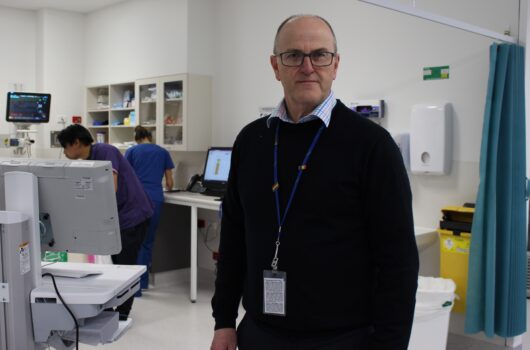It’s time to take action on viral hepatitis

Gippslanders living with, or at risk of contracting hepatitis B or hepatitis C are being encouraged to speak with their local GP about testing, treatment, or vaccination.
July 28 is the World Health Organisation World Hepatitis Day with the theme “it’s time to take action”.
Viral hepatitis is a communicable disease of significance in Gippsland. It is often misunderstood and subject to stigma.
Leearna Earwicker, who is the Sexual Reproductive Health and Viral Hepatitis Program Lead at the Gippsland Region Public Health Unit, reiterated the importance of at-risk groups talking to local health professionals and getting tested.
Leearna said treating viral hepatitis was easy and affordable, but if left untreated, could lead to progressive liver scarring and ultimately liver cirrhosis.
“There are so many new advancements in medications and it’s so easily treatable, but to do so people need to know their status,” she said.
“Although hepatitis B and C are treatable in Australia, there are issues that are holding us back.
“Stigma can be a barrier as many people don’t like to talk about the fact that they may have hepatitis. Distance and a lack of awareness of health services are other barriers.”
Australia has a childhood hepatitis B immunisation program with 95 per cent of kids being vaccinated before their second birthday.
Despite this, more than 200,000 people are living with chronic hepatitis B, and three quarters of these people are not receiving regular care, according to Hepatitis Australia figures.
At-risk groups include people from endemic countries where there is no hepatitis B vaccine program and may be unaware they are living with the condition.
Meanwhile, more than 74,000 people live with hepatitis C in Australia, but approximately one in five have not been diagnosed, the most vulnerable being those who inject drugs or are in prison.
Health professionals in East Gippsland will be coming together in late August to hear from local viral hepatitis experts. Discussions will focus on improving service access in the region.
For more information on viral hepatitis, check out this Hepatitis Fact Sheet or visit your local GP.






